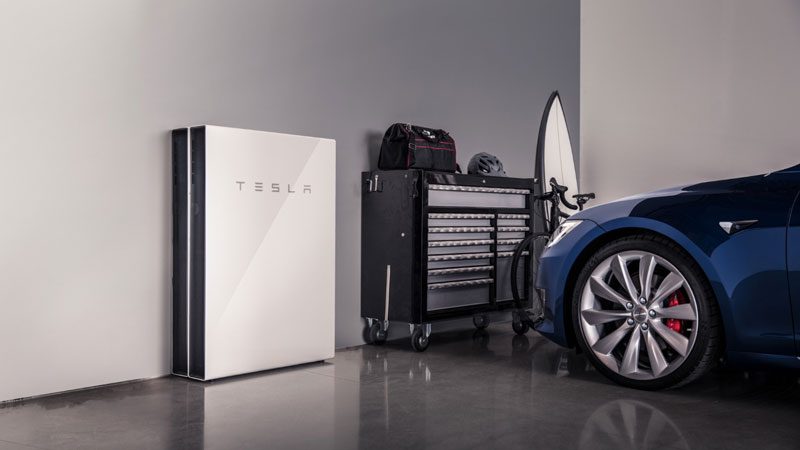We are encouraging questions from readers about electric vehicles, and charging, and whatever else you want to learn. So please send them through and we will get our experts to respond, and invite other people to contribute through the comments section.
Our first question comes from Joe, who asks:
What if I have battery at home e.g. a Tesla Powerwall. Do I need to convert DC-AC-DC for vehicle charging. Isn’t there some way to just transfer to the car battery?
Our expert Bryce Gaton writes:
Hi Joe: The answer is both ‘yes’ and ‘no’.
‘Yes’, it would be slightly more efficient to do a direct DC to DC transfer from the Powerwall (or other DC battery storage system) to the Tesla, but ‘no’, it can’t currently be done in a home setting as there is no readily available system to do so.
The difficulty comes from the fact that doing a direct DC to DC transfer between lithium batteries without a battery management system in place can easily damage either/both of the batteries and poses serious hazards to both people and property.
This is because lithium batteries are very sensitive to under and over charging (and under/over voltage), which can result in serious internal damage to them or even cause them to rupture releasing toxic gases and, in extreme events, catch fire.
Such systems do exist in experimental form for large-scale fast and ultrafast DC charging set-ups, but to install one in a home setting would be prohibitively expensive!
The other side of the coin is that DC to AC (and AC to DC) conversion has only a few per cent loss either way now.
So the losses of converting the Tesla Powerwall DC volts to 240V AC to feed the Tesla EVSE and back again to DC via the Tesla’s internal AC to DC charger does not incur a great efficiency penalty in comparison to the cost of installing a properly designed direct DC/DC connection with battery management between them.
Perhaps Tesla will offer such a system in the future, but currently I have heard of no such plans.
Do you have more questions? Please use our Feedback form which can be found here.

Giles Parkinson is founder and editor of The Driven, and also edits and founded the Renew Economy and One Step Off The Grid web sites. He has been a journalist for nearly 40 years, is a former business and deputy editor of the Australian Financial Review, and owns a Tesla Model 3.

